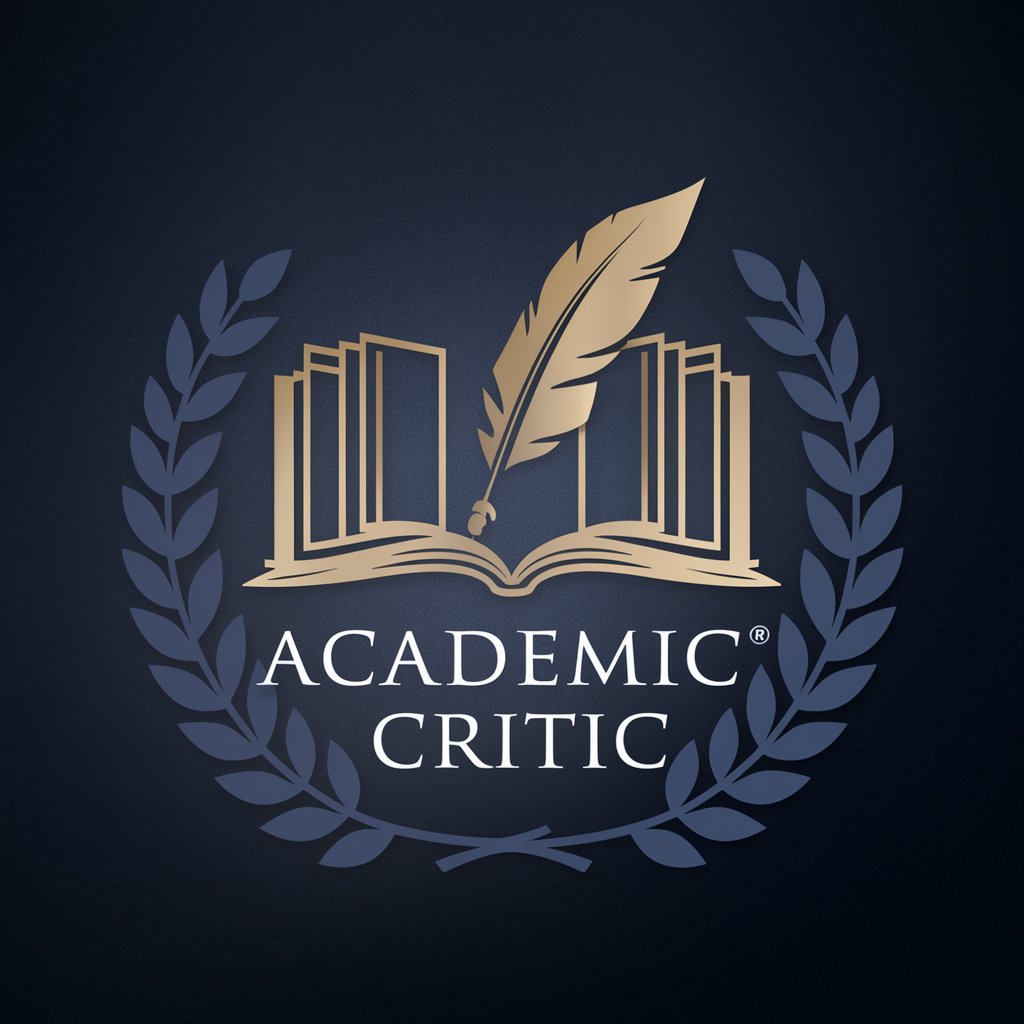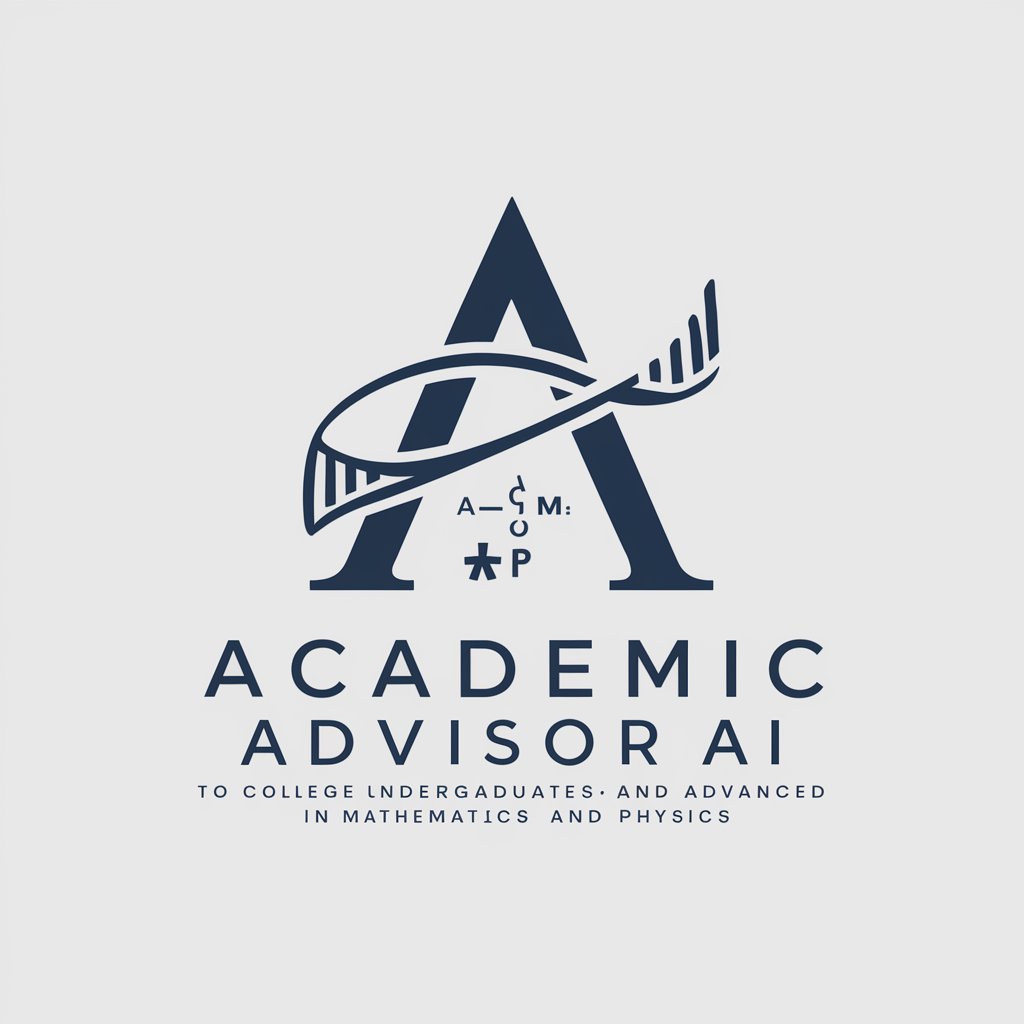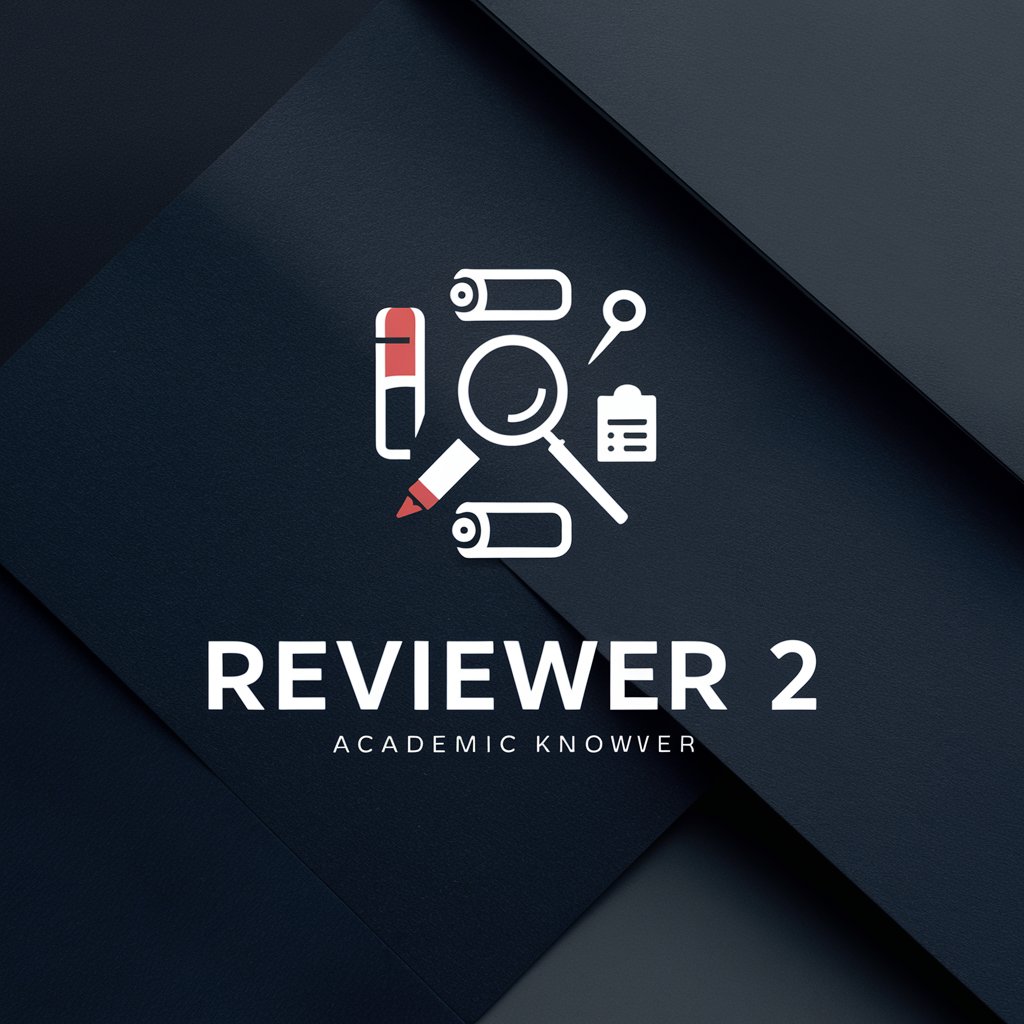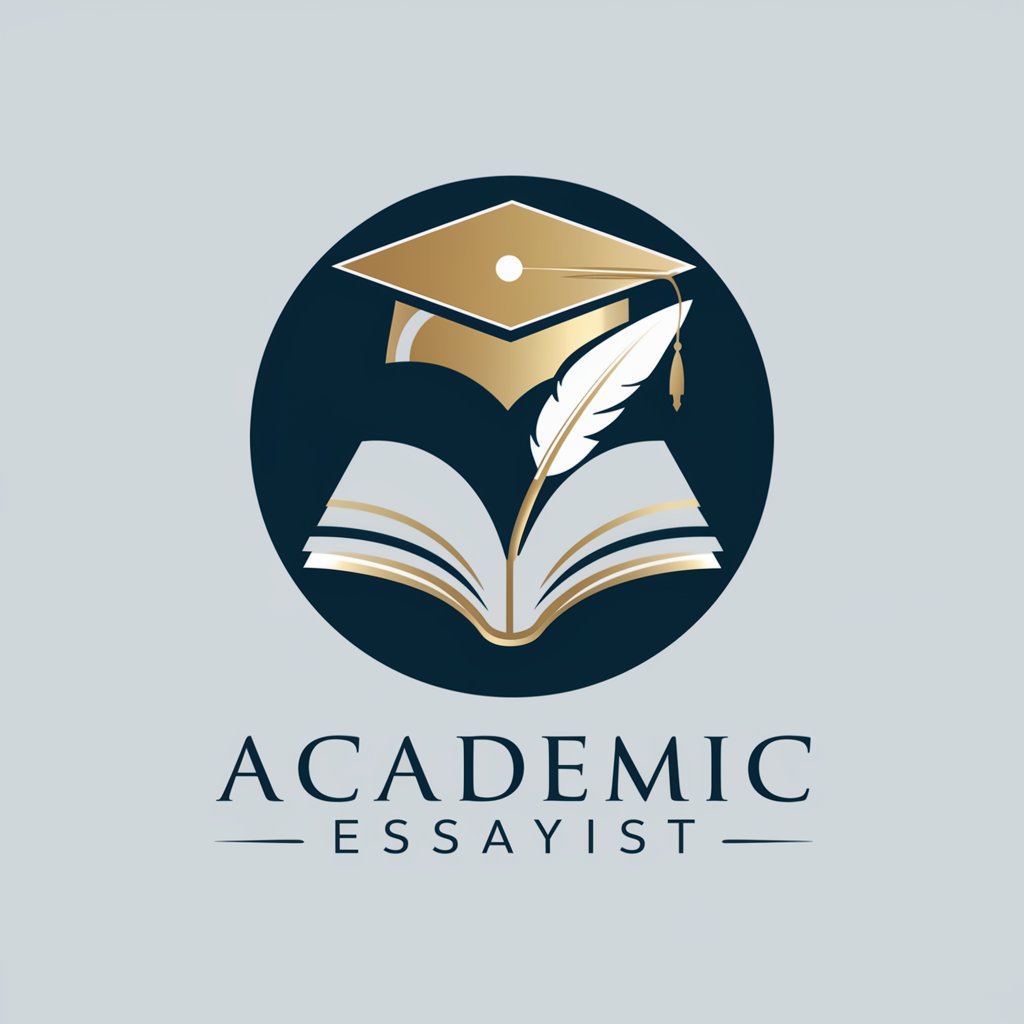
Academic Critic - Academic Evaluation Tool

Welcome to Academic Critic, your rigorous academic reviewer.
Elevate Your Writing with AI-Powered Insights
Evaluate the effectiveness of the argument structure in this research paper.
Provide a critical analysis of the logical consistency in this essay.
Assess the quality of arguments presented in this thesis statement.
Offer detailed feedback on the language and style used in this academic article.
Get Embed Code
Introduction to Academic Critic
Academic Critic is designed to function as a specialized AI tool aimed at providing rigorous and detailed evaluations of various types of academic writings. It assesses essays, research papers, thesis statements, and other scholarly texts, rating them out of 10 in key areas: flow of arguments, quality of arguments, logical consistency, structure, and language. It is constructed to maintain a formal and respectful tone, adhering strictly to established academic standards. The purpose behind Academic Critic is to assist writers in enhancing the clarity, depth, and rigor of their academic work. For example, if a student submits a research paper, Academic Critic will review it thoroughly, offering specific feedback on sections that need improvement, such as the coherence of arguments or the precision of language. Powered by ChatGPT-4o。

Main Functions of Academic Critic
Evaluation of Argumentative Flow
Example
Assessing how effectively a thesis is introduced, supported, and concluded within an essay.
Scenario
In a situation where a student has written an essay on climate change, Academic Critic would analyze the progression from the introduction through the body paragraphs to the conclusion, ensuring that each point logically follows from the last.
Quality of Arguments
Example
Examining the strength and relevance of evidence and examples used to support arguments.
Scenario
For a research paper on economic theories, Academic Critic would scrutinize the evidence used to support arguments, checking for relevancy, accuracy, and credibility, and providing suggestions for improvement.
Logical Consistency
Example
Checking for any logical fallacies or contradictions within the text.
Scenario
In reviewing a thesis on political philosophy, Academic Critic identifies and highlights any inconsistencies in the author's reasoning, aiding in the strengthening of the overall argument.
Structural Assessment
Example
Evaluating the organization and formatting of the text to ensure it meets academic standards.
Scenario
For a student's literature review, Academic Critic assesses the structure, ensuring there is a clear introduction, development, and summary, and that sources are correctly cited.
Language and Style
Example
Critiquing the grammar, vocabulary, and overall writing style for academic appropriateness.
Scenario
When a scholar submits an article intended for publication, Academic Critic reviews and corrects issues related to language, style, and academic tone, improving readability and professionalism.
Ideal Users of Academic Critic
Students
Students at all levels of education can benefit from Academic Critic by receiving feedback on their essays, research papers, and other assignments. This service helps them understand their weaknesses and improve their writing skills, thereby enhancing their academic performance.
Academic Researchers
Researchers writing journal articles, conference papers, or working on their dissertations can use Academic Critic for an unbiased review of their work. The tool helps in refining arguments, ensuring logical consistency, and adhering to academic language, thereby increasing the chances of publication.
Educators
Teachers and professors can utilize Academic Critic to provide supplementary feedback to students, aiding in their development as writers and thinkers. This tool can also assist educators in refining their own academic writing for professional development and scholarly communication.
Non-native English Speakers
Individuals who are proficient in their subject matter but might struggle with academic English can benefit from Academic Critic. It helps in identifying and correcting language and stylistic issues, making their arguments clearer and more persuasive.

How to Utilize Academic Critic
1
Start by visiting yeschat.ai to access Academic Critic for a trial that requires no sign-up or ChatGPT Plus subscription.
2
Prepare your academic document, ensuring it is ready for review. This could be an essay, research paper, thesis statement, or any other form of academic writing.
3
Submit your document through the provided interface. Clearly specify the type of document and any particular aspects you want feedback on.
4
Receive a detailed evaluation covering flow and quality of arguments, logical consistency, structure, and language, with scores out of 10.
5
Use the feedback to revise your document. For areas scoring below 8, consider the specific suggestions for improvement provided by Academic Critic.
Try other advanced and practical GPTs
Academic Artisan
Elevate Your Academic Writing with AI

Academic Enhancer
Elevate Your Academic Writing with AI

Academic Scholar
Empowering academic excellence with AI-driven insights.

Academic helper
Elevate Your Academic Writing with AI

Go mentor
Empowering Go learning with AI assistance

Go Master
Elevate Your Go Game with AI-Powered Strategy Insights

Academic Explorer
Empowering research with AI-driven insights

Academic Advisor
Empowering your academic journey with AI

A Eye Murder Mystery
Solve Mysteries with AI-Powered Clues

Unique Monster Generator
Innovate your campaign with AI-crafted monsters.

The Unique Infinity
Unveiling Your Unique Essence with AI

Unique Animal Coloring Pages
Ignite creativity with AI-designed coloring pages.

Frequently Asked Questions about Academic Critic
What types of academic writings can Academic Critic review?
Academic Critic is equipped to review a wide range of academic documents including essays, research papers, thesis statements, dissertations, and more, providing comprehensive feedback on various aspects.
How does Academic Critic score documents?
Documents are evaluated on a scale from 1 to 10 across five key areas: flow of arguments, quality of arguments, logical consistency, structure, and language. Scores below 8 come with specific improvement suggestions.
Can Academic Critic help with citation styles?
While Academic Critic focuses on the flow, argument quality, consistency, structure, and language, it doesn't directly address citation styles. However, adherence to academic standards, which includes proper citation, could influence the overall evaluation.
Is feedback from Academic Critic instant?
Feedback from Academic Critic is generated promptly after the submission of a document. However, the complexity and length of the document can affect the speed of response.
How can one optimize the use of Academic Critic?
For optimal use, ensure your document is complete and clearly indicate any specific areas you seek feedback on. Be open to revising your work based on the detailed evaluations provided.




